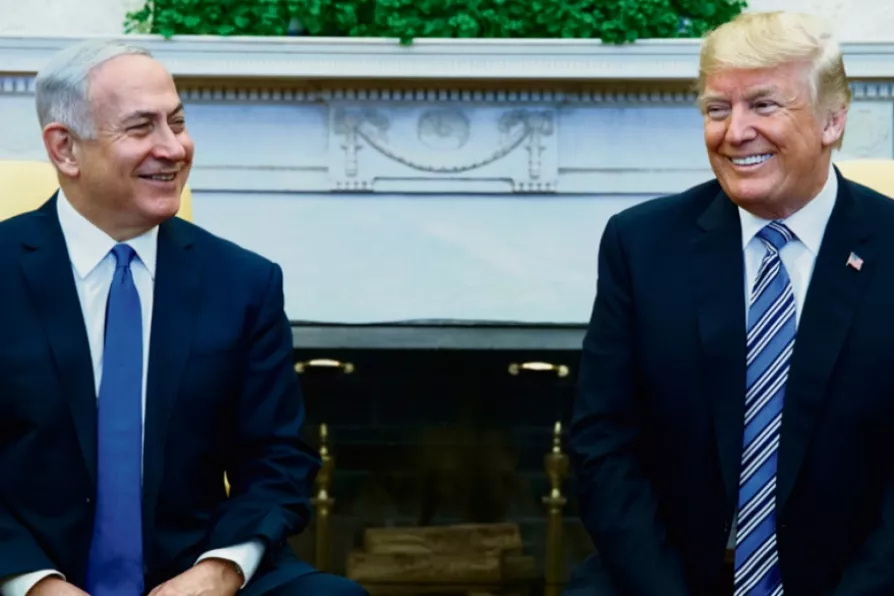John Wojcik pays tribute to a black US activist who spent six decades at the forefront of struggles for voting rights, economic justice and peace – reshaping US politics and inspiring movements worldwide


HAVING announced his intention to move the US embassy from Tel Aviv to Jerusalem in December of last year, reversing years of US policy and violating international law, US President Donald Trump seems determined to further rub salt in the wound.
He announced weeks ago that the new embassy would open on May 15. No more provocative a date could have been chosen.
May 15 marks 70 years since the state of Israel was established in a process that saw 750,000 Palestinians expelled from their homes and over 450 towns and villages destroyed.

On International Day of Solidarity with the Palestinian People, HUGH LANNING warns that the US-led “Comprehensive Plan” entrenches decades of Western complicity in Israel’s domination and denial of Palestinian land and rights

Israel’s messianic settler regime has moved beyond military containment to mass ethnic cleansing, making any two-state solution based on differential rights impossible — we must support the Palestinian demand for decolonisation, writes HUGH LANNING











